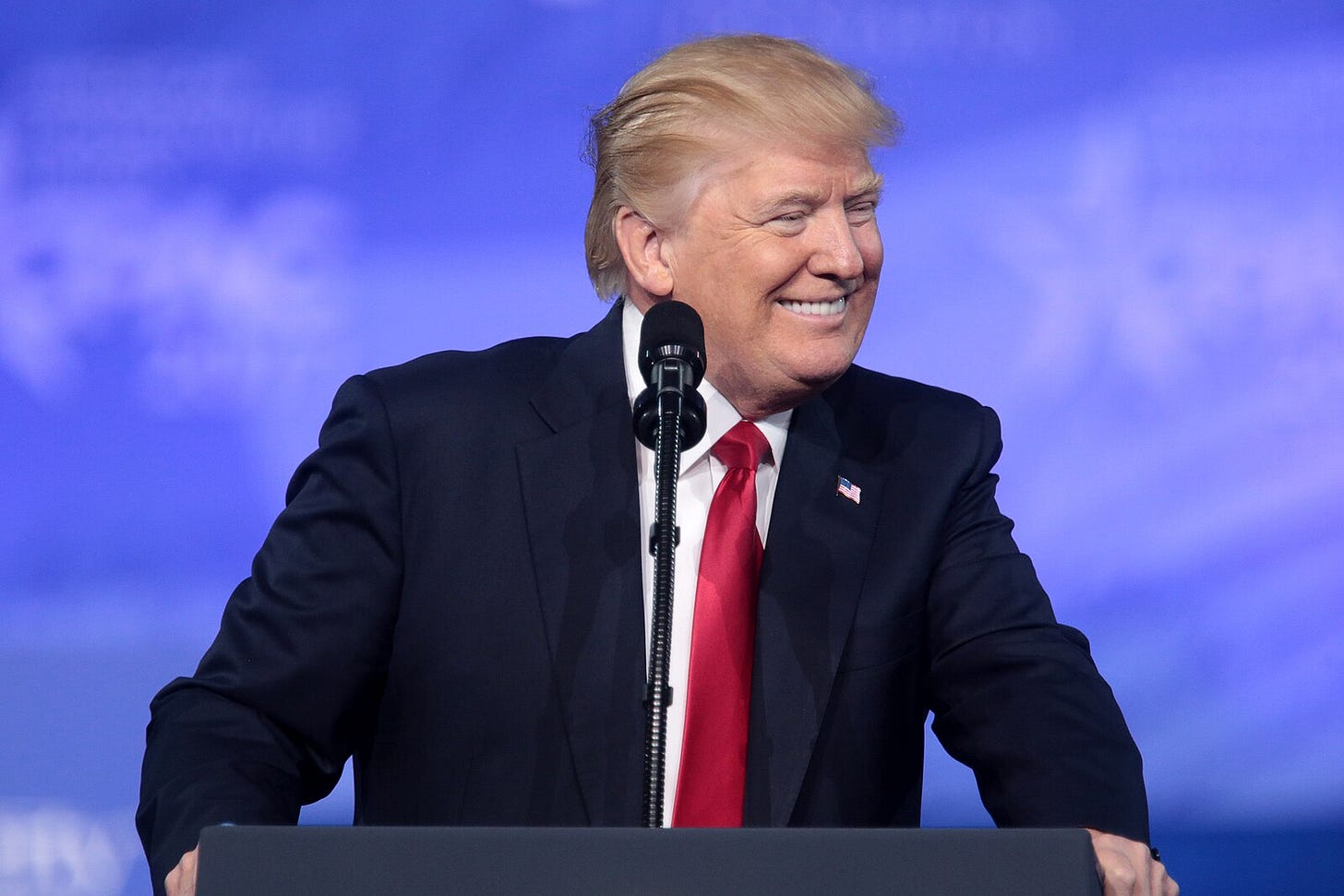Era of cheap Asian imports is ending
The era of cheap Asian imports is ending. Trump’s new executive order closes a 100-year-old tariff loophole, raising costs on Shein, Temu, and millions of U.S. households—especially in Asian supply...
The Rebel Yellow - Issue #115
Era of cheap Asian goods ends as Trump closes tariff loophole

President Donald Trump’s elimination of the de minimis exemption last week officially ended nearly a century of duty-free imports under $800, marking the conclusion of an era that fueled explosive growth for Chinese e-commerce giants and affordable overseas shopping.
Catch up: De minimis — Latin for “too small” or “of little significance” — allowed merchandise worth $800 or less to enter the U.S. without import taxes. Under the rule, package volumes surged dramatically, climbing from 134 million in 2015 to 1.36 billion in 2024.
Trump first ended the exemption for China and Hong Kong in May, then worldwide through a July 30 executive order that took effect Friday. “For too long, this loophole handed criminal networks a free pass to flood America with fentanyl, fake goods and illegal shipments. Those days are over,” Customs and Border Protection Commissioner Rodney Scott said. The decision accelerated a congressional timeline to eliminate the provision by more than two years.
Consumer impact: The change has triggered confusion and disruption for consumers and businesses globally. Over two dozen jurisdictions, including Taiwan, Japan and several European nations, have halted U.S.-bound shipments while developing new duty payment mechanisms. Shein and Temu, which had built business models leveraging the exemption to avoid billions in duties, reportedly experienced sharp declines in U.S. user engagement following the end of the exemption for China.
U.S. consumers now face new expenses for foreign products. Research shows households could shoulder an additional $10.9 billion in costs, or $136 per family, with lower-income and minority communities experiencing disproportionate impacts. Retailers have also cautioned about extended delivery times, with shipments potentially requiring 20 days versus the standard five to 10 days.
Broader implications: The change especpially affects Asian supply chains and companies that dominated the de minimis marketplace. Chinese shipments represented over 60% of de minimis imports in 2021, while a 2023 House investigation determined that Shein and Temu likely handled more than 30% of all daily packages using the provision. Numerous businesses had also structured Asia-focused distribution networks around the exemption, transporting goods in bulk from Chinese or Southeast Asian manufacturers to Canadian or Mexican warehouses before fulfilling individual U.S. customer orders.
The end of de minimis may favor established American retailers such as Amazon and Walmart over direct Asian competitors, potentially altering distribution patterns for Asian products to U.S. consumers and limiting availability of specialty Asian items that smaller importers previously provided.
Trump plans Supreme Court challenge to ruling that most of his tariffs are illegal
The White House is expected to appeal a federal court decision that declared most of President Donald Trump’s tariffs unlawful, with an administration official reportedly confirming plans to take the case to the nation’s highest court.
Catch up: A 7-4 majority on the U.S. Court of Appeals for the Federal Circuit ruled Friday that Trump lacked legal authority to impose his widespread levies using emergency economic powers. The judges concluded that the 1977 International Emergency Economic Powers Act does not provide presidents with broad tariff-setting capabilities, since the law makes no specific reference to import duties.
Friday’s ruling affirmed an earlier decision from May by the U.S. Court of International Trade, which also found Trump’s use of emergency powers improper. Current tariffs will stay active until Oct. 14, providing a window for the administration’s high court petition.
Next moves: Trump attacked the decision on Truth Social late Friday, branding the court “highly partisan” and claiming the ruling would “literally destroy” the country. By Tuesday, an administration official confirmed the White House’s intention to seek Supreme Court review, according to The New York Times.
Why this matters: Asian American households confronting elevated costs on imported products from groceries to electronics face continued uncertainty over tariff permanence. Import companies pay the duties but typically pass these expenses to consumers through higher prices. A Supreme Court loss for Trump could potentially reduce consumer costs, though the government might face billions in refund obligations that the Justice Department has warned could mean “financial ruin” for federal finances.
Philosophy student with full scholarship sent back to China despite valid visa
A 22-year-old philosophy student from China with a full scholarship to the University of Houston was reportedly detained for 36 hours and deported back to his country despite having valid paperwork.


